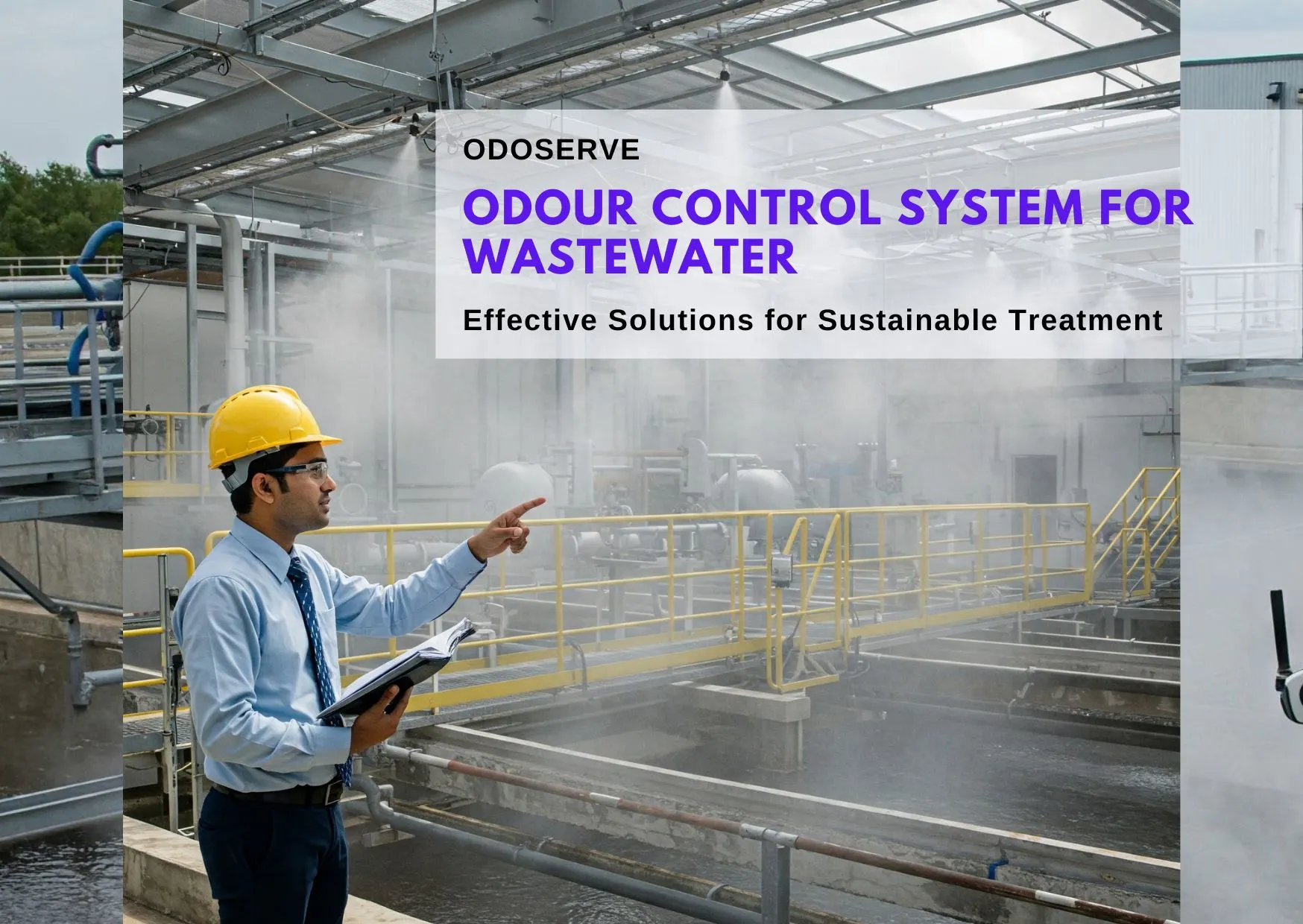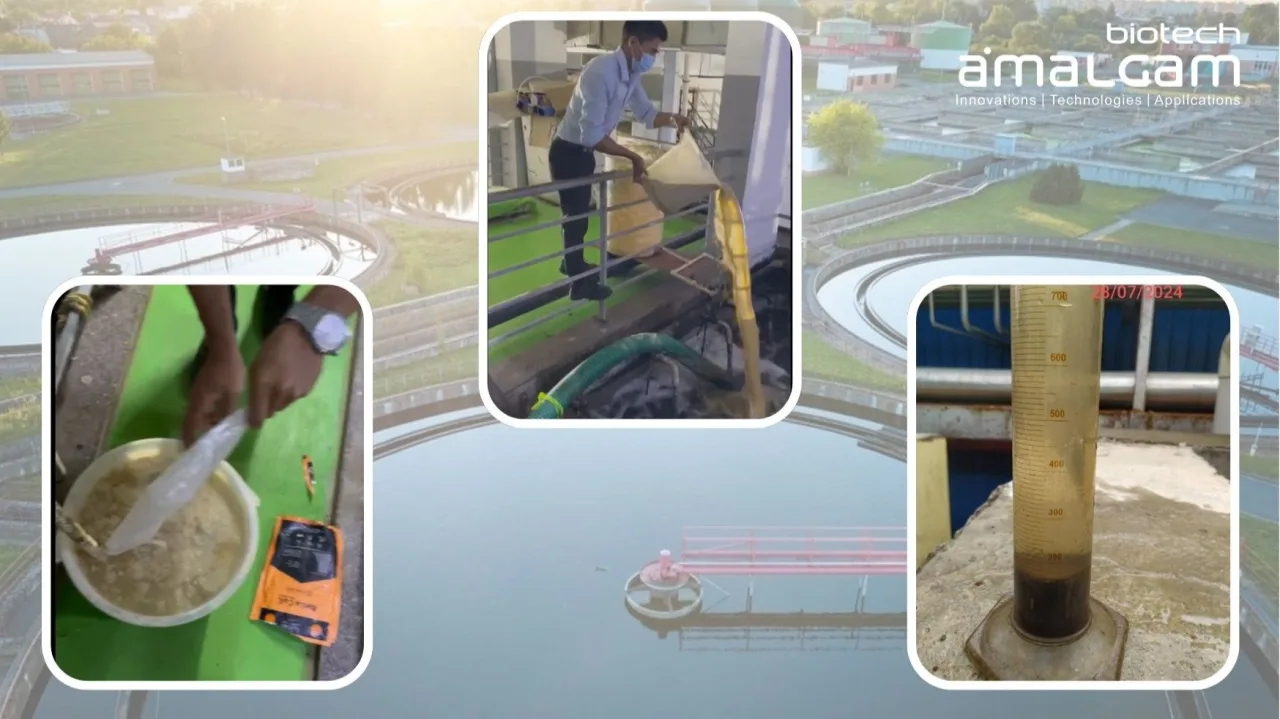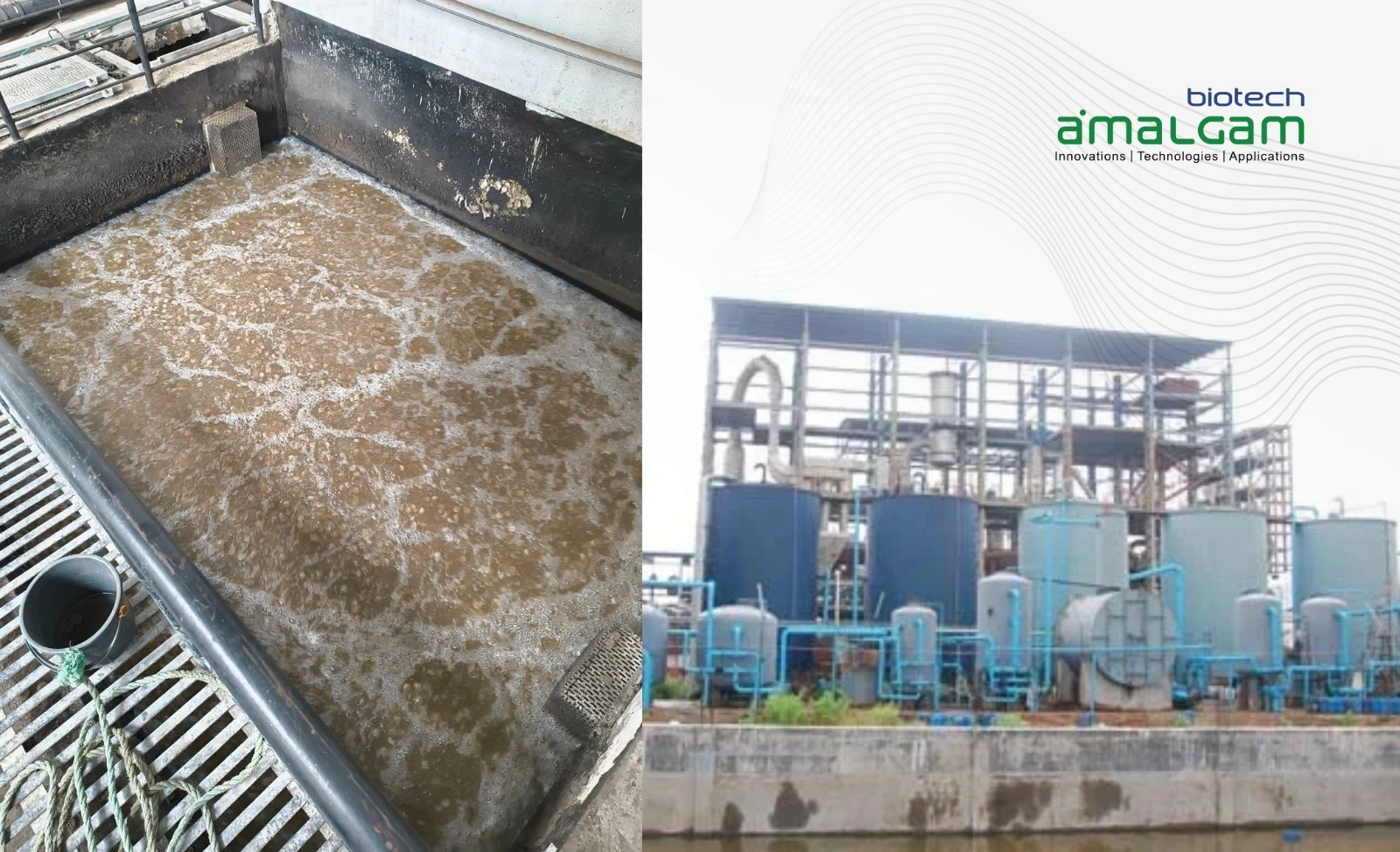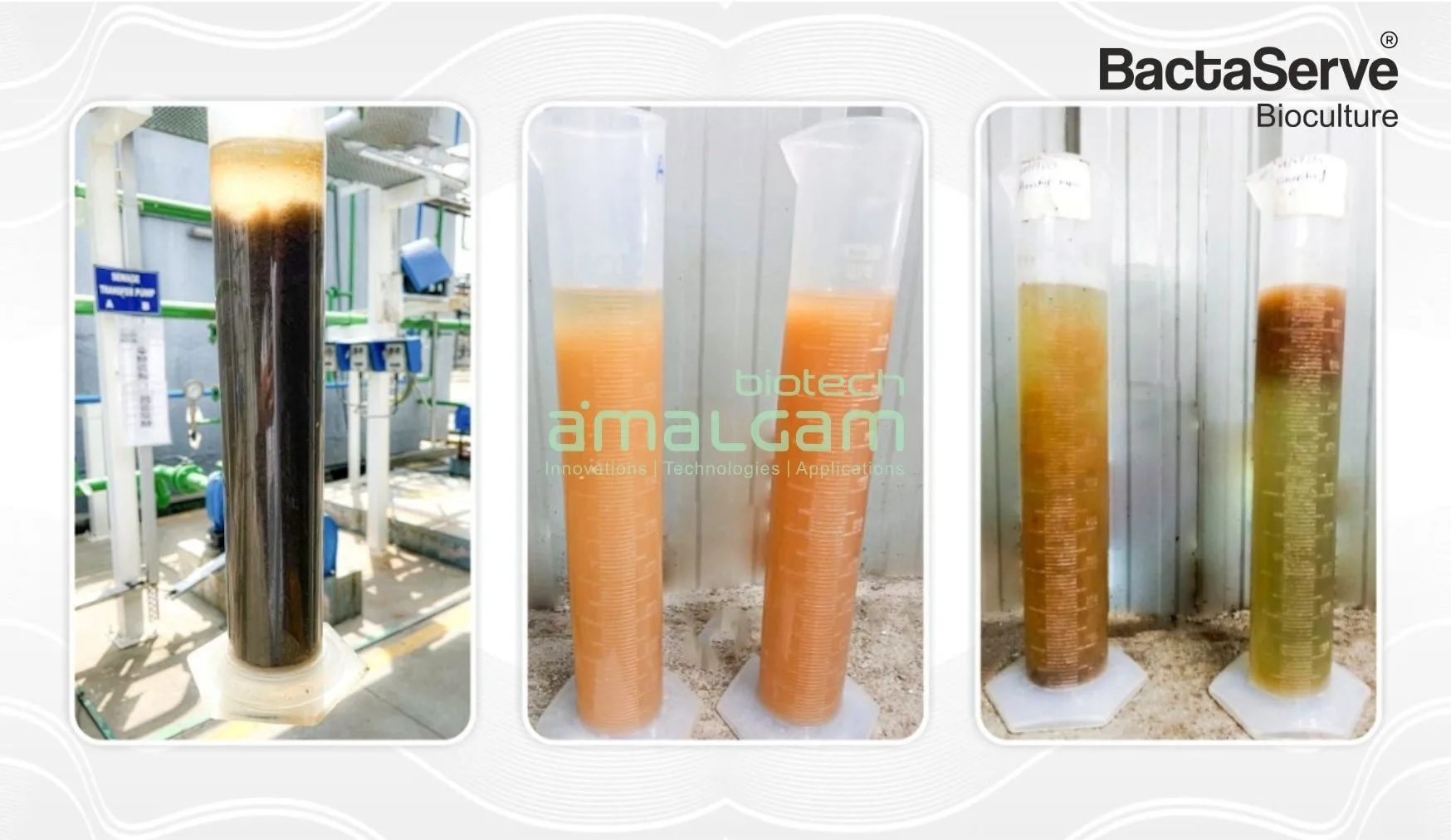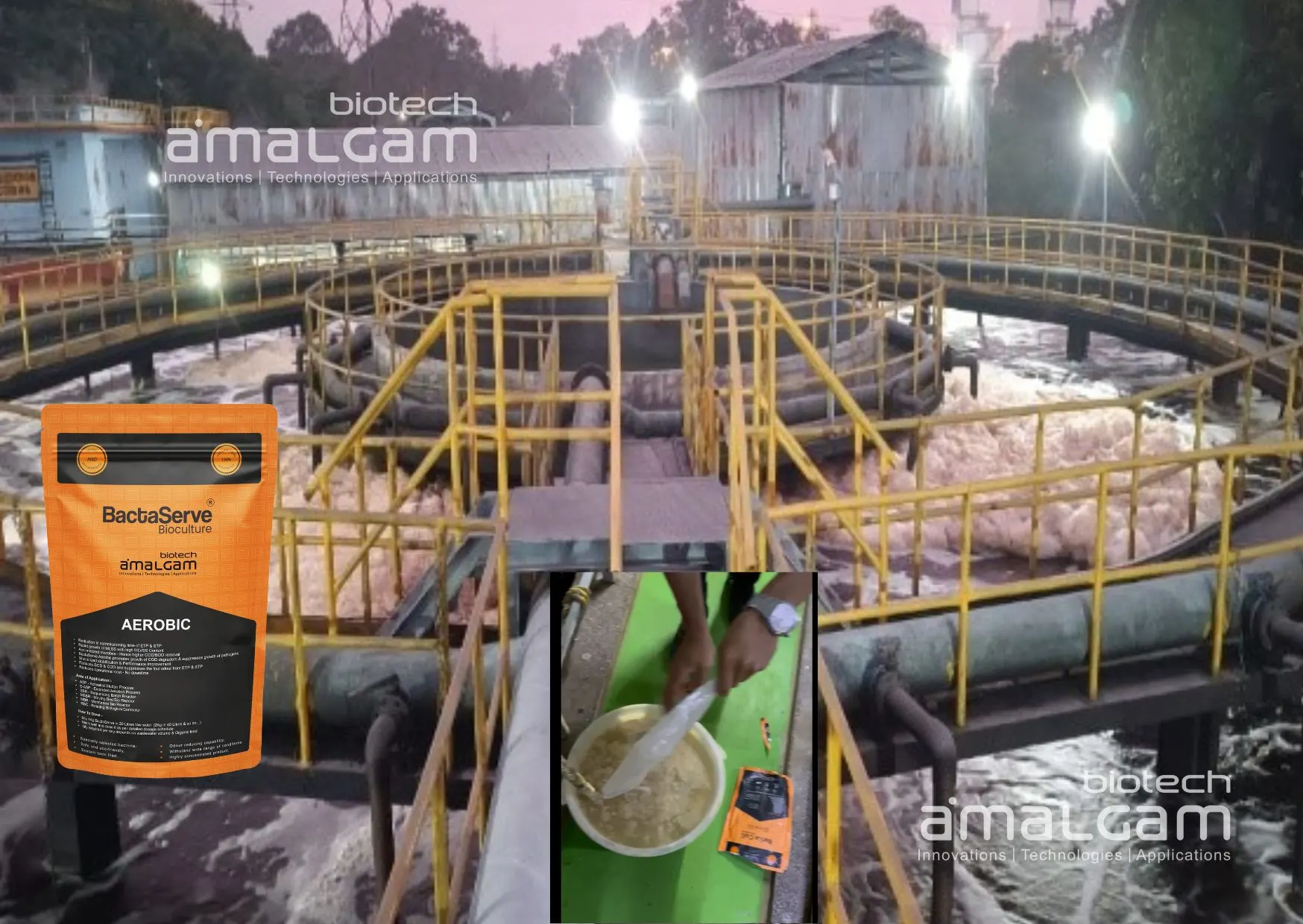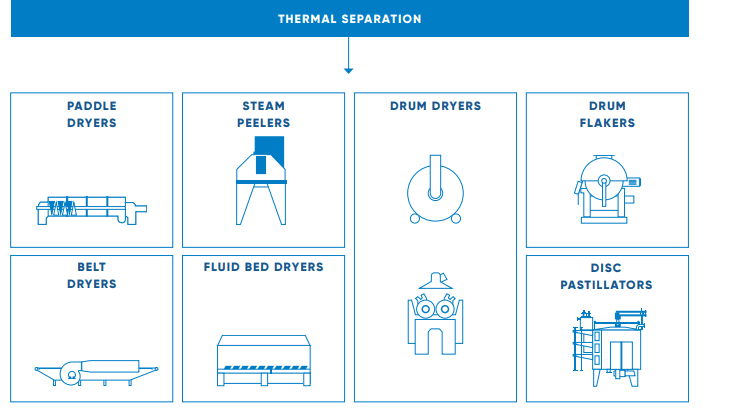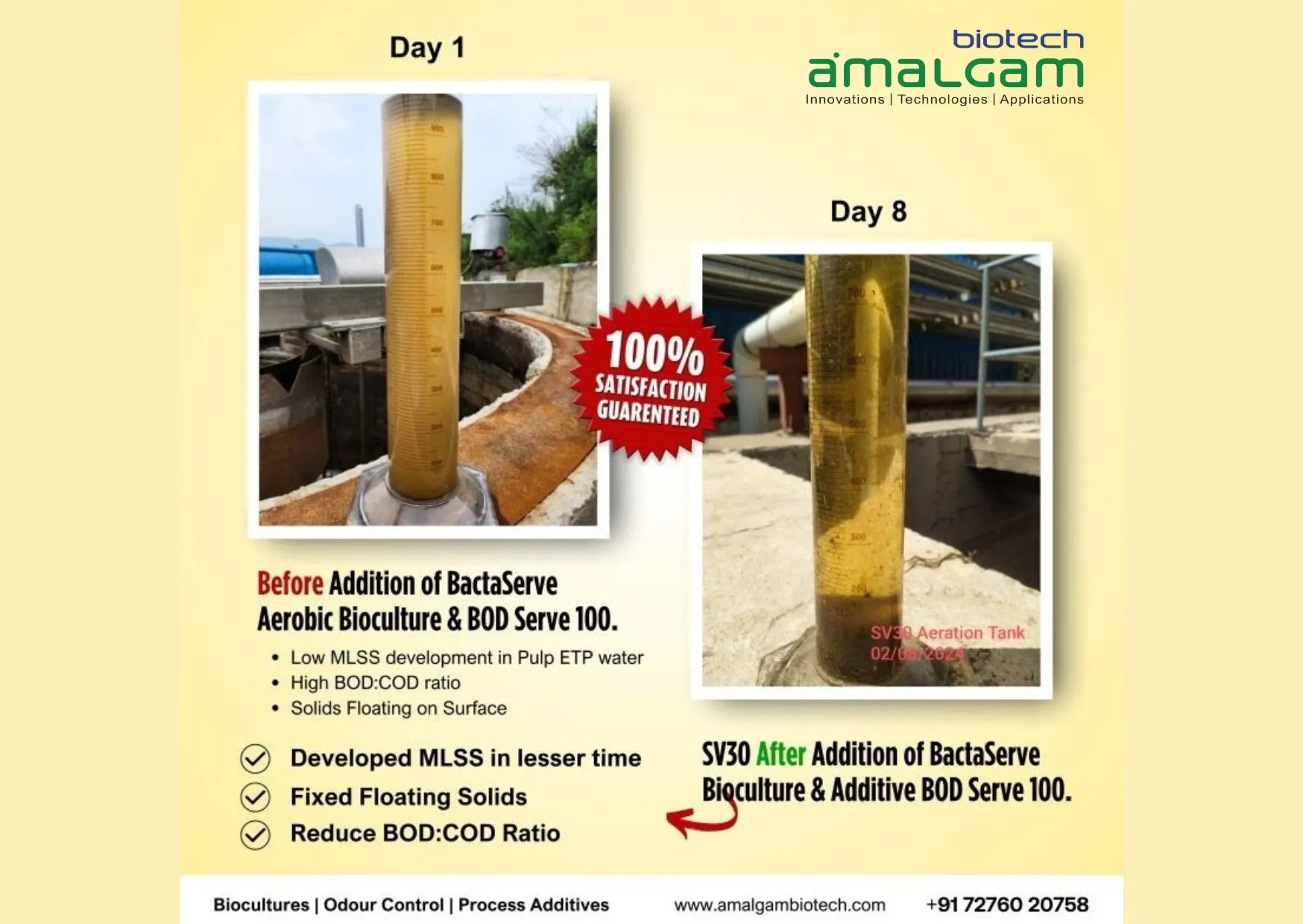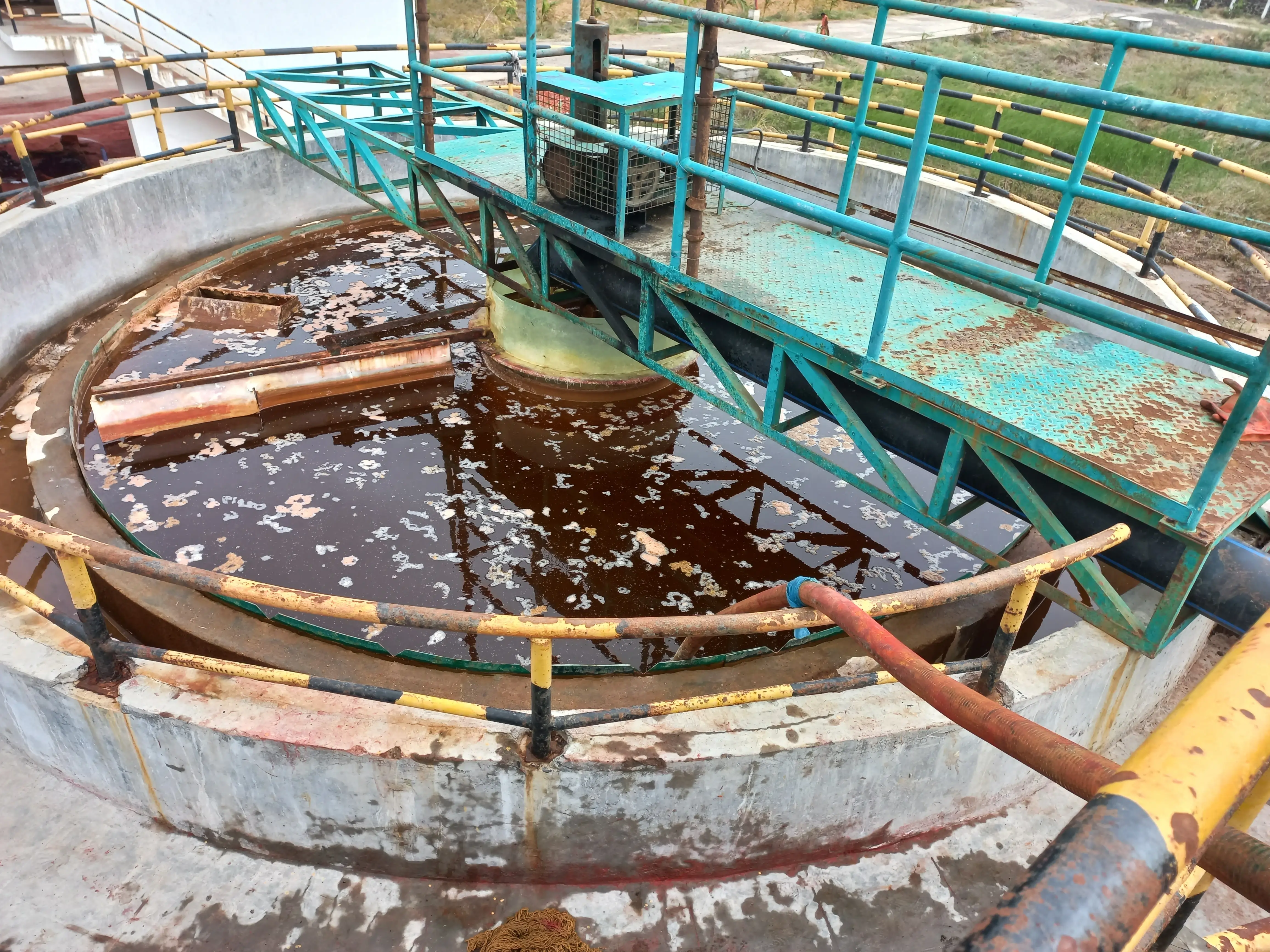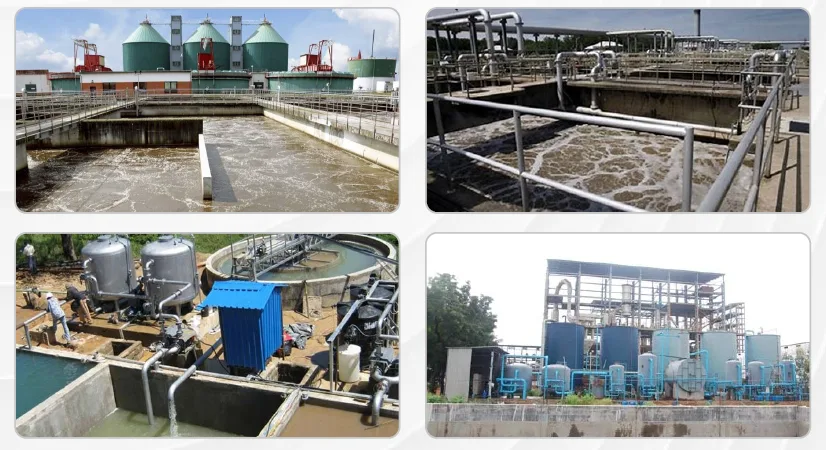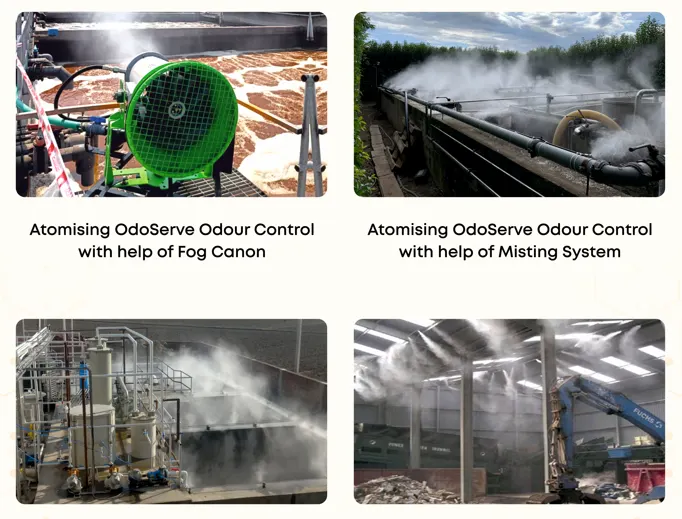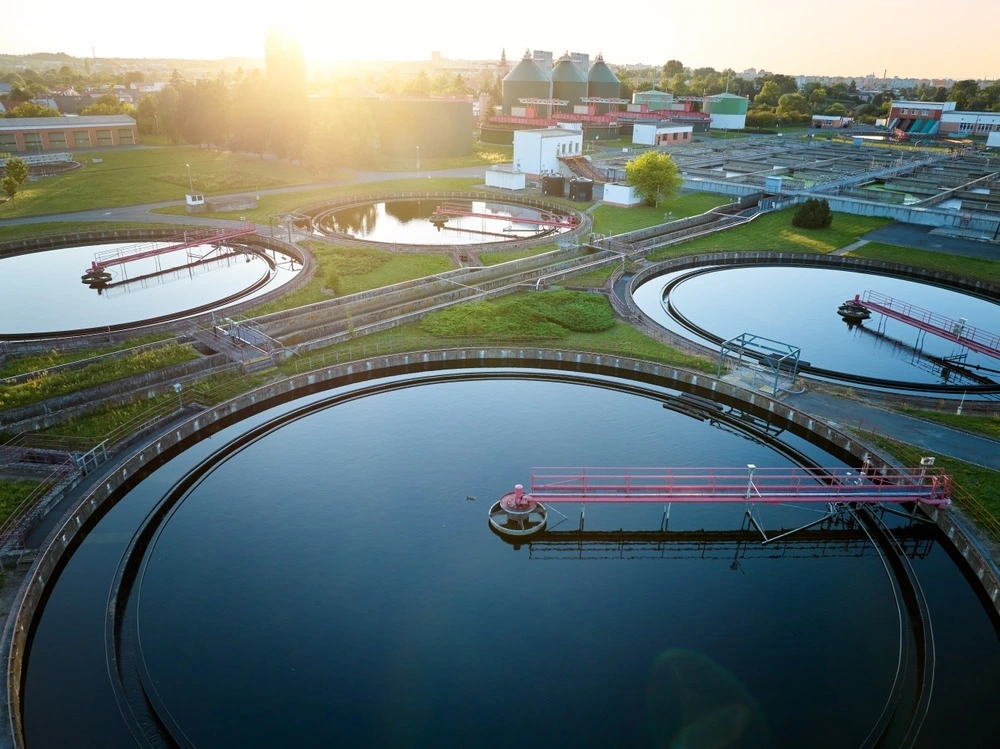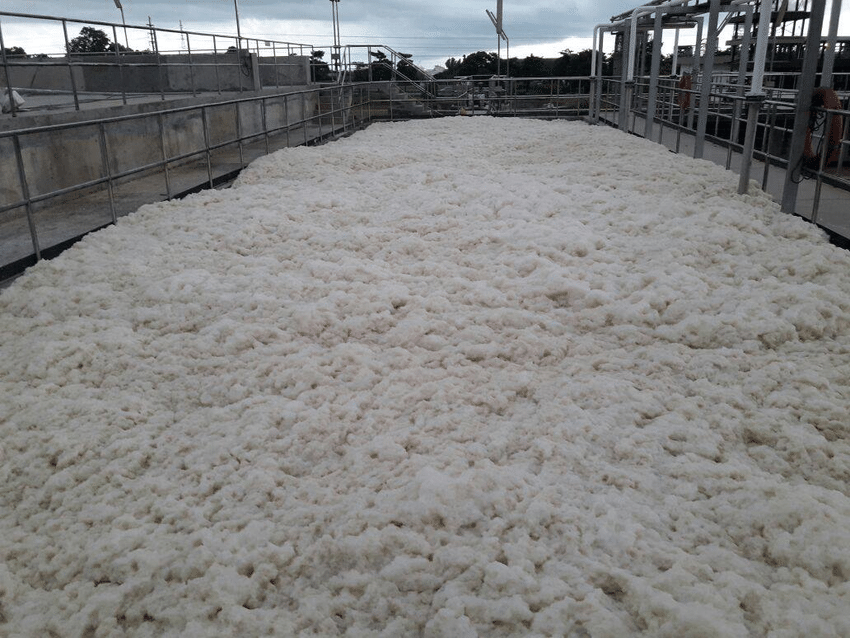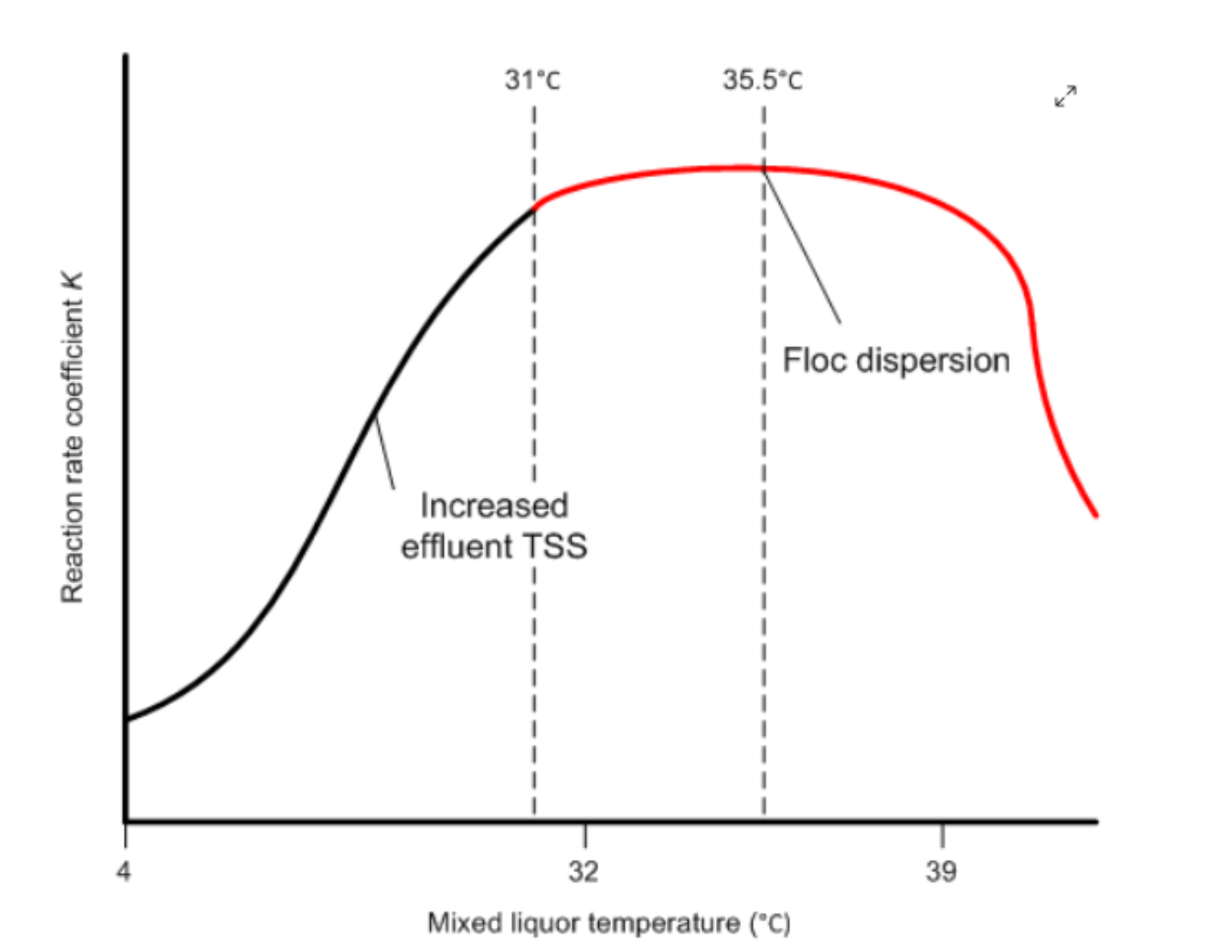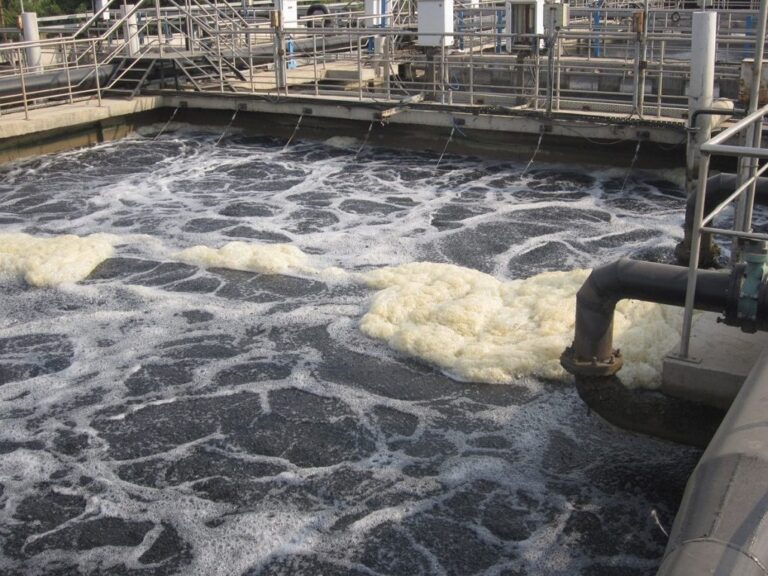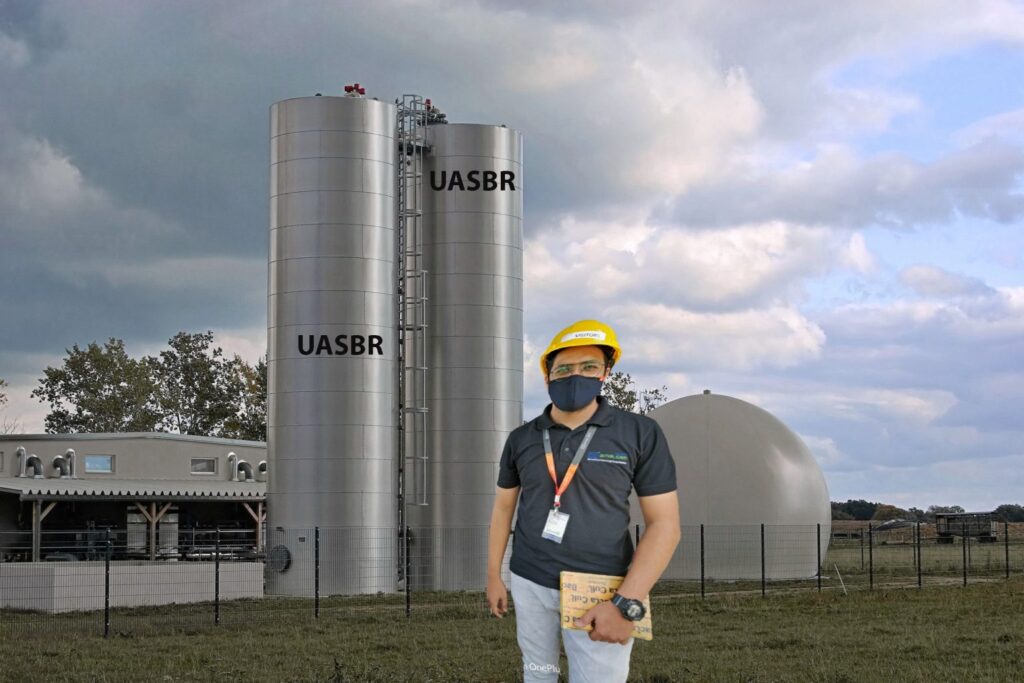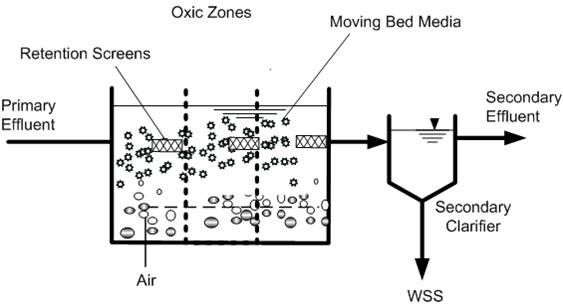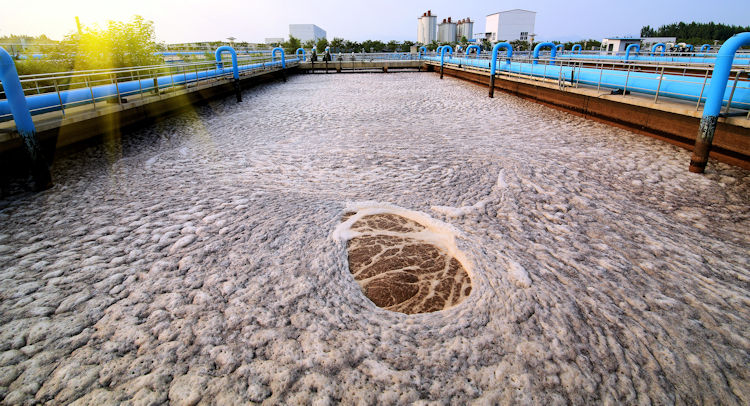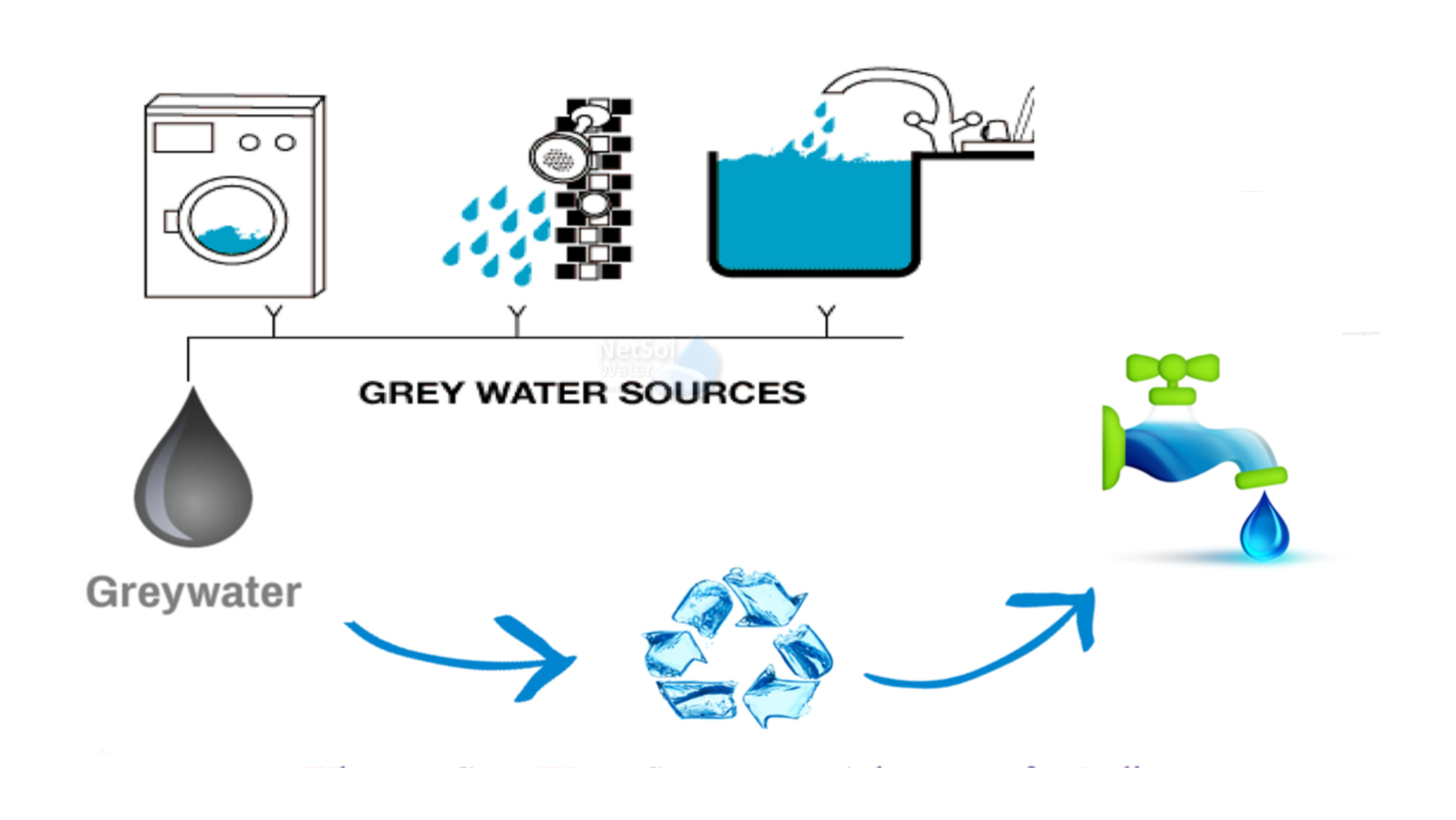The Power of Greywater Recycling: A Sustainable Solution for the Future
In our ever-growing world, where water scarcity is becoming a pressing issue, it's essential that we explore innovative ways to conserve and reuse this precious resource. One such eco-friendly practice that is gaining momentum is "greywater Recycling." greywater, often regarded as wastewater from non-toilet fixtures like sinks, showers, and washing machines, is a largely untapped resource that can be harnessed to reduce water consumption and promote sustainability.
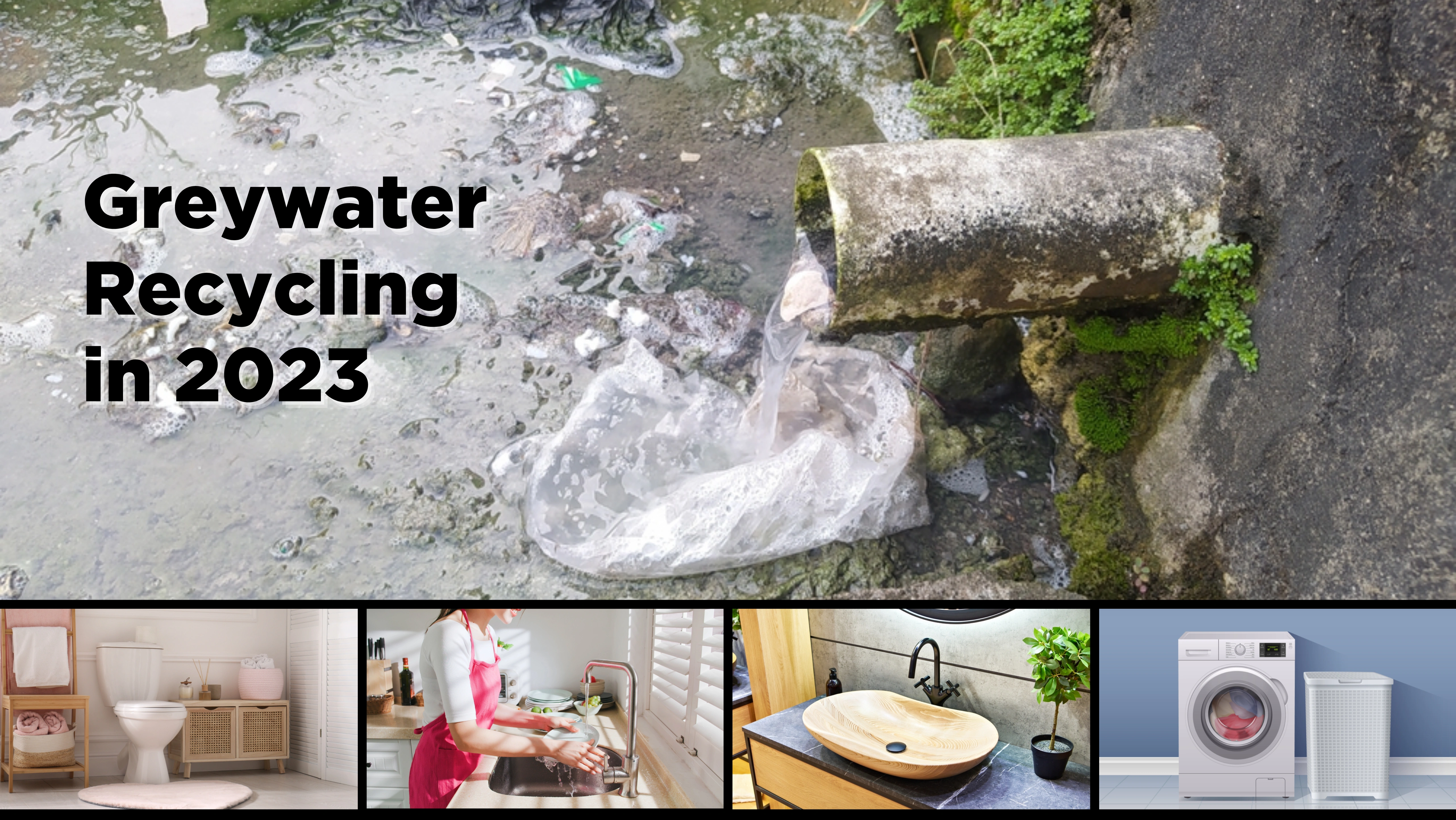
Understanding greywater
Greywater differs from black water (toilet wastewater) in that it doesn't contain human waste, making it easier to treat and reuse. This water usually accounts for around 50-80% of a household's wastewater and is often dismissed as waste when it could be put to good use.
Benefits of Greywater Recycling
Conservation of Freshwater: Greywater recycling reduces the demand for fresh, potable water for non-potable uses, which can account for a significant portion of water consumption.
Lower Water Bills: By reusing greywater for tasks like irrigation and flushing toilets, households can significantly reduce their water bills, making it a cost-effective approach to water management.
Environmental Impact: Recycling greywater reduces the load on sewage treatment plants and minimizes pollution, as greywater typically contains fewer contaminants compared to black water.
Energy Savings: Treating and distributing potable water requires a substantial amount of energy. By using greywater, you save both water and energy.
Supporting Drought-Prone Areas: In regions with a history of drought or water scarcity, greywater recycling can be a lifeline, ensuring a consistent water supply for essential tasks.
Eco-Friendly Landscaping: greywater is perfect for garden irrigation. It contains nutrients that can benefit plants, reducing the need for chemical fertilizers.
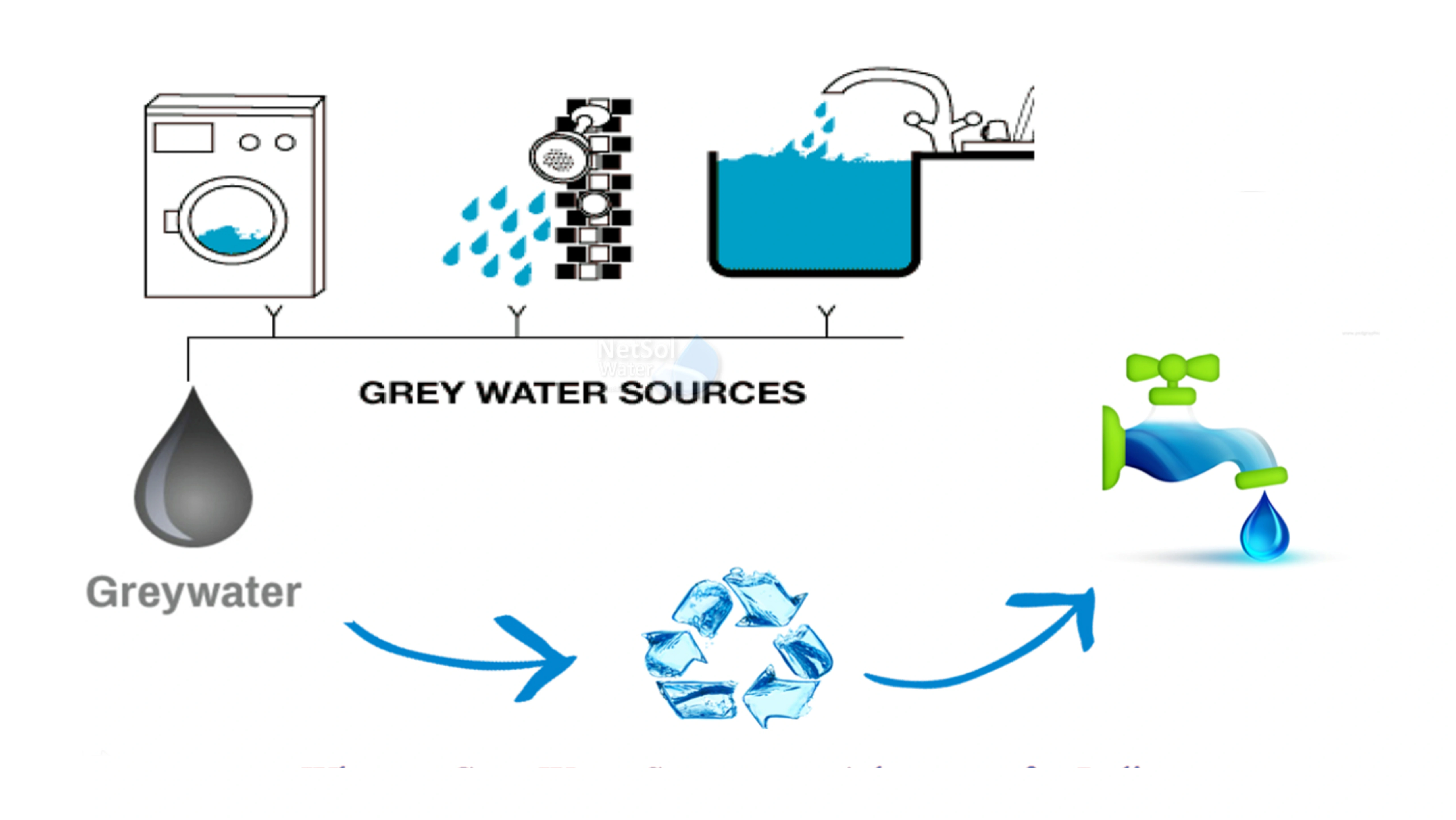
Greywater Recycling Systems
To harness the benefits of greywater recycling, one can install a greywater treatment and distribution system. These systems are designed to filter and disinfect greywater, making it safe for reuse in non-potable applications.
Components of a greywater Recycling System:
Collection: greywater is collected from fixtures like sinks, showers, and washing machines.
Treatment: greywater is treated to remove impurities and contaminants. Common treatment methods include filtration and disinfection.
Distribution: Treated greywater is distributed to where it's needed, such as for irrigation or toilet flushing.
Tips for Effective greywater Recycling
Use Natural, Biodegradable Soaps: To avoid harming plants and the environment, use natural, biodegradable soaps and detergents in your household.
Regular Maintenance: Proper maintenance of your greywater recycling system is crucial to ensure its efficiency and longevity.
Local Regulations: Be aware of local regulations and permits for greywater recycling. These can vary significantly by region.
Educate Yourself: Learn about the do's and don'ts of greywater recycling to ensure you're using it safely and responsibly.
Conclusion
Greywater recycling is an eco-friendly and sustainable practice that, if implemented widely, could make a significant impact on water conservation and sustainability. By recycling greywater, we can reduce our environmental footprint, save money, and contribute to a more sustainable future. As the world grapples with water scarcity, adopting practices like greywater recycling is a small but meaningful step towards a more sustainable and water-secure future.

